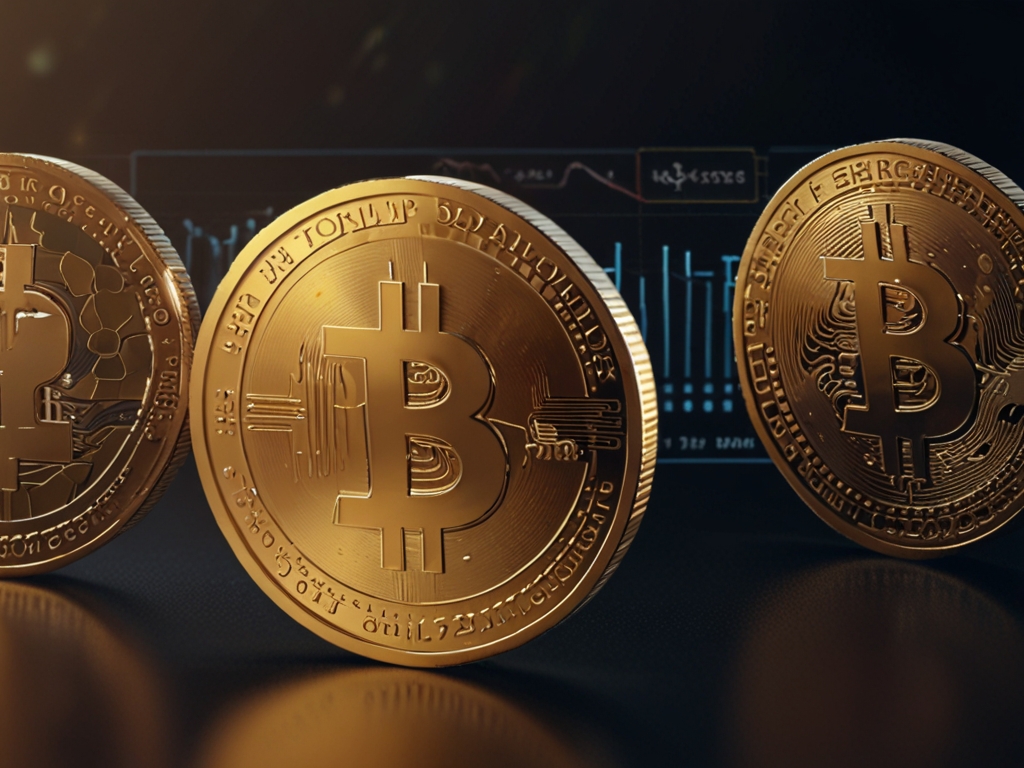






TOKENICATION_ is your reliable source for the latest news and analysis on cryptocurrencies. We provide up-to-date information on Bitcoin, Ethereum, and other digital currencies to keep you informed about the latest trends and help you make informed decisions.

Date: 2025-02-26 13:02:10
The overall supply of stablecoins has exceeded $221 billion, now comprising over 1% of the U.S. dollar M2 money supply.
Once a niche segment, stablecoins now make up more than 1% of the U.S. dollar M2 money supply – a comprehensive measure of money including cash and deposits – with the market reaching $221 billion after having added nearly $100 billion since 2024, based on data gathered by analysts at OurNetwork.
Tether's (USDT) market share has decreased from 73% to 64%, while Circle's (USDC) has risen from 20% to 25%. Although both account for 89% of the total stablecoin market share, new competitors, such as Ethena's USDe and Usual's USD0, are also gaining influence.
Synthetic dollar USDe has added $5.9 billion, while USD0 has increased by $1.1 billion. FDUSD, which initially gained popularity through promotions, has eventually "lost market share as these incentives ended and competition intensified," according to the analysts.
Read More: "Bitcoin Experiences Largest 3-Day Price Drop Post-FTX Crisis. What's Ahead?"
As per OutNetwork, USDC's recent growth has been primarily driven by adoption beyond Ethereum's mainnet. The analysts observe that the stablecoin issuer saw "explosive growth" of over $7.7 billion worth of USDC on Solana, "likely fueled by a surge in meme coin trading activity." Additionally, USDC has also experienced growth on Ethereum's layer-2 solutions like Coinbase's Base and Arbitrum.
In the meantime, Circle CEO Jeremy Allaire seems determined to fortify the company's U.S. presence, contending that issuers of dollar-pegged tokens should be obligated to register in the country. He expressed that there "shouldn't be a free pass" for stablecoin issuers in the U.S., which could potentially make it more challenging for rival Tether to expand in the country after relocating its headquarters to El Salvador.
Read More: "SEC Engages in Discussions to Pause Civil Fraud Lawsuit against TRON Founder Justin Sun"